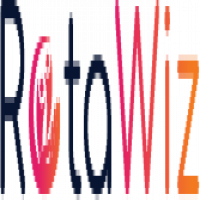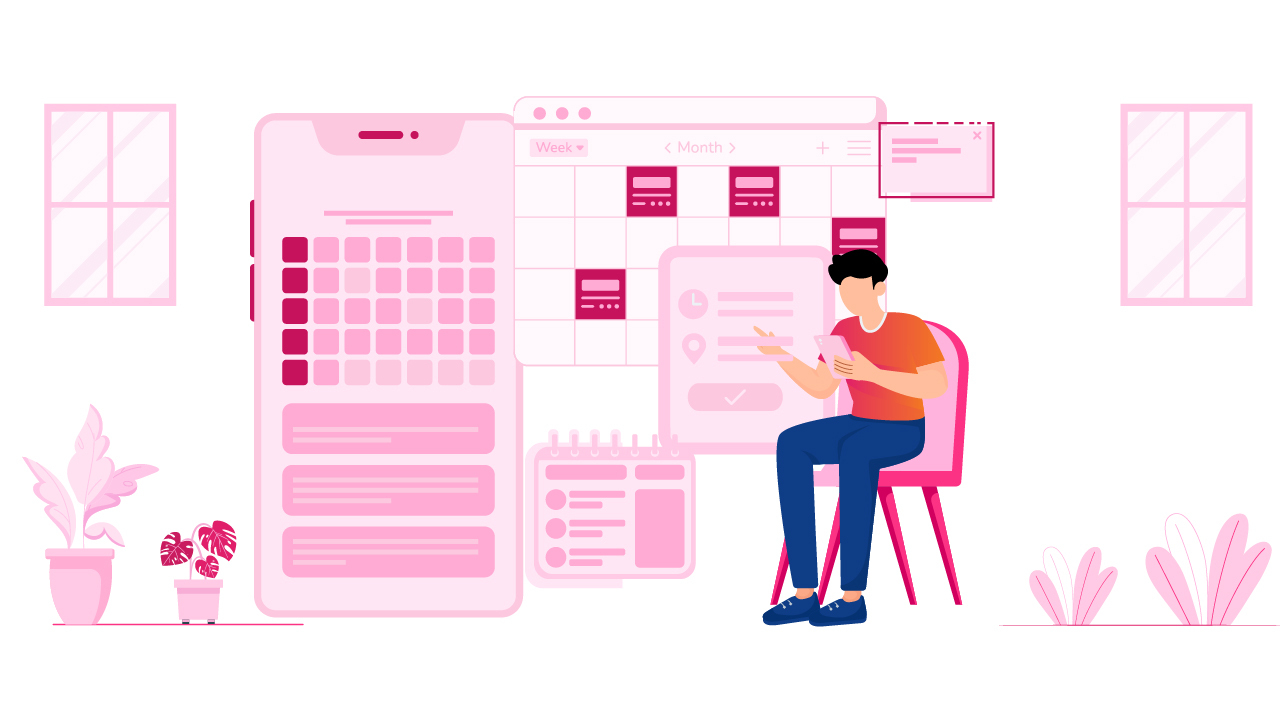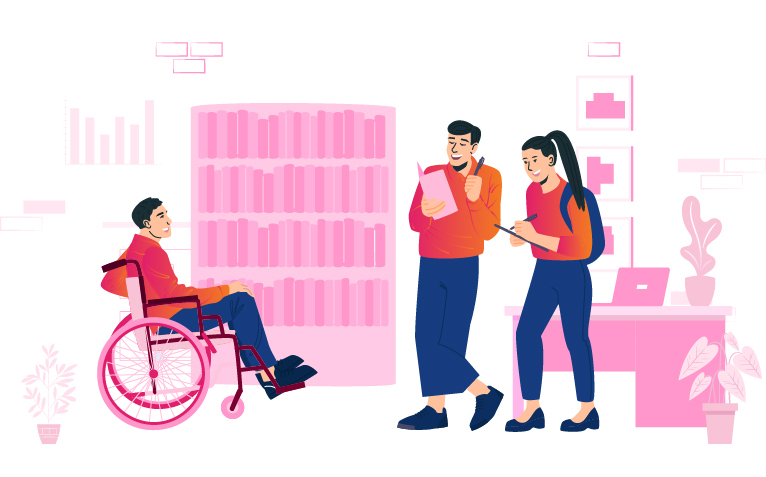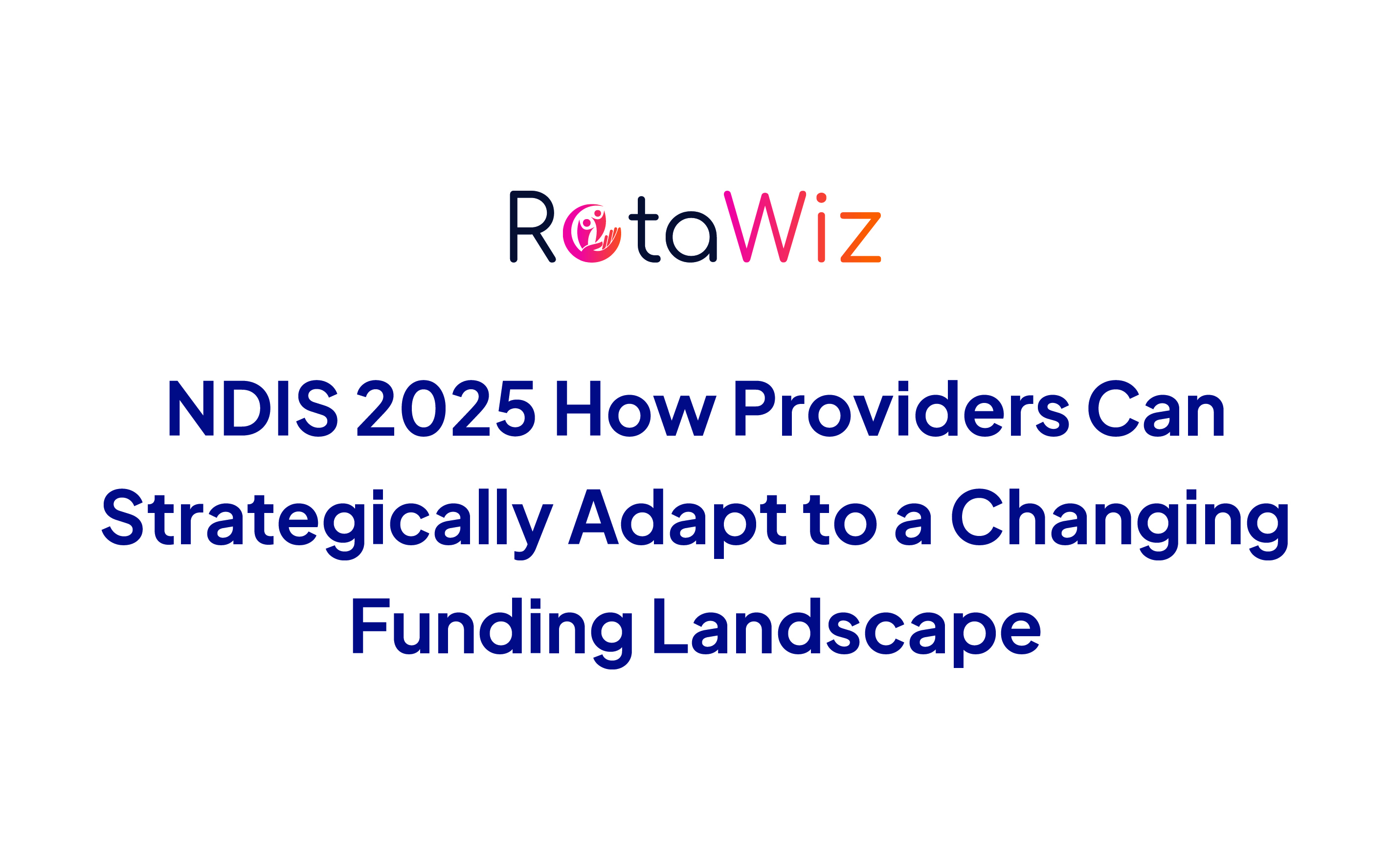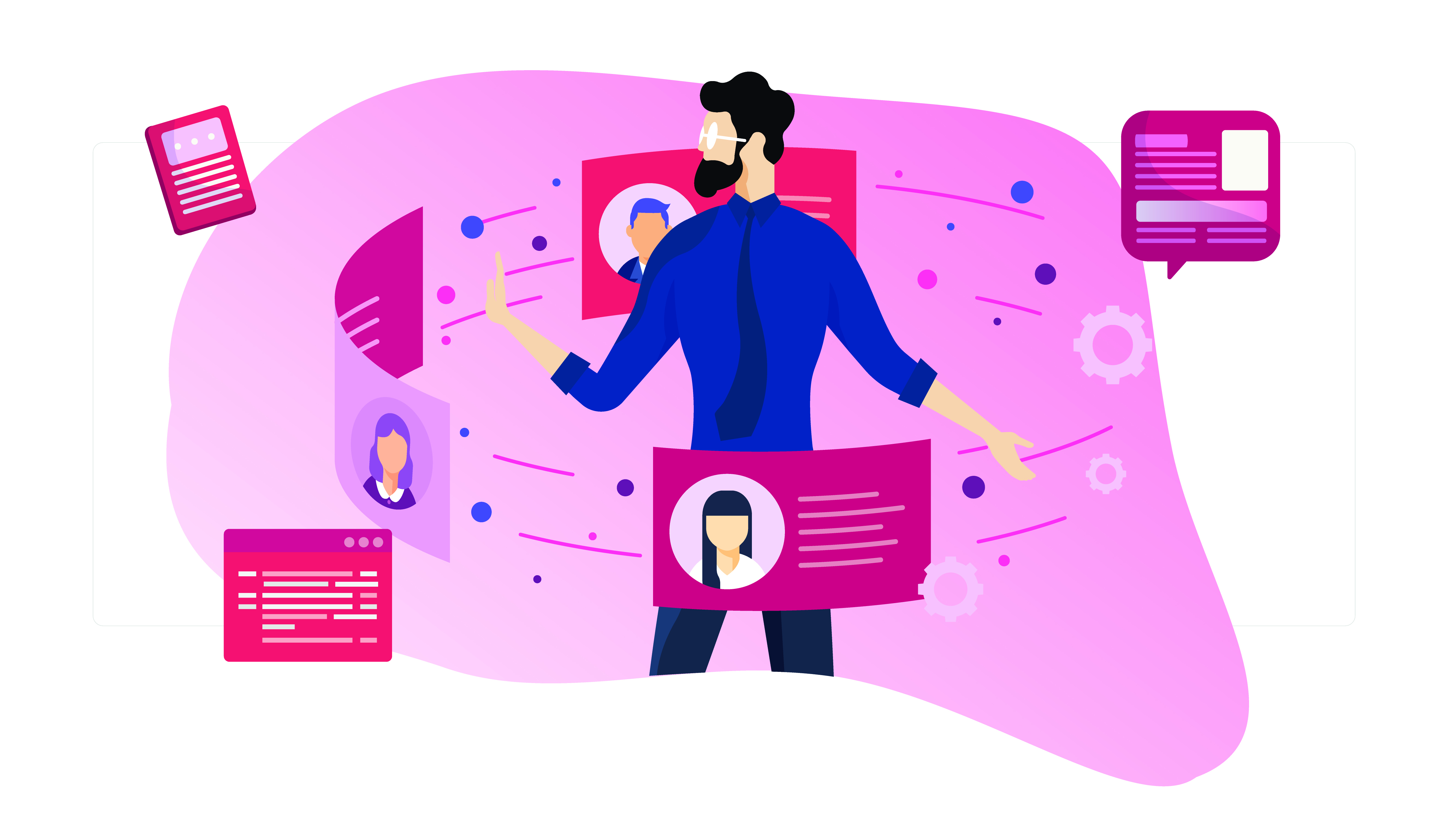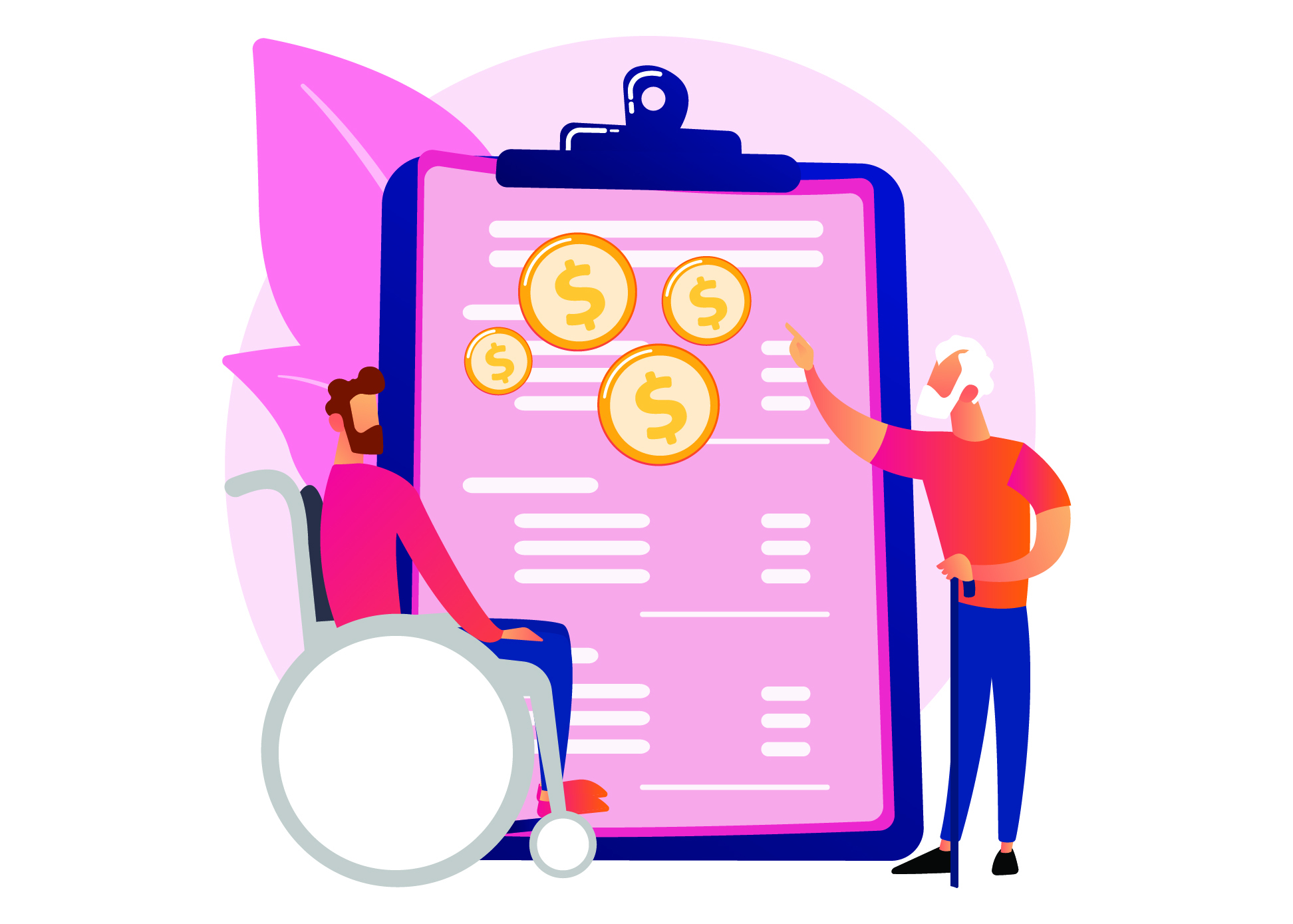Why Putting Carers and Managers on the Same App Is a No-Brainer for NDIS Providers
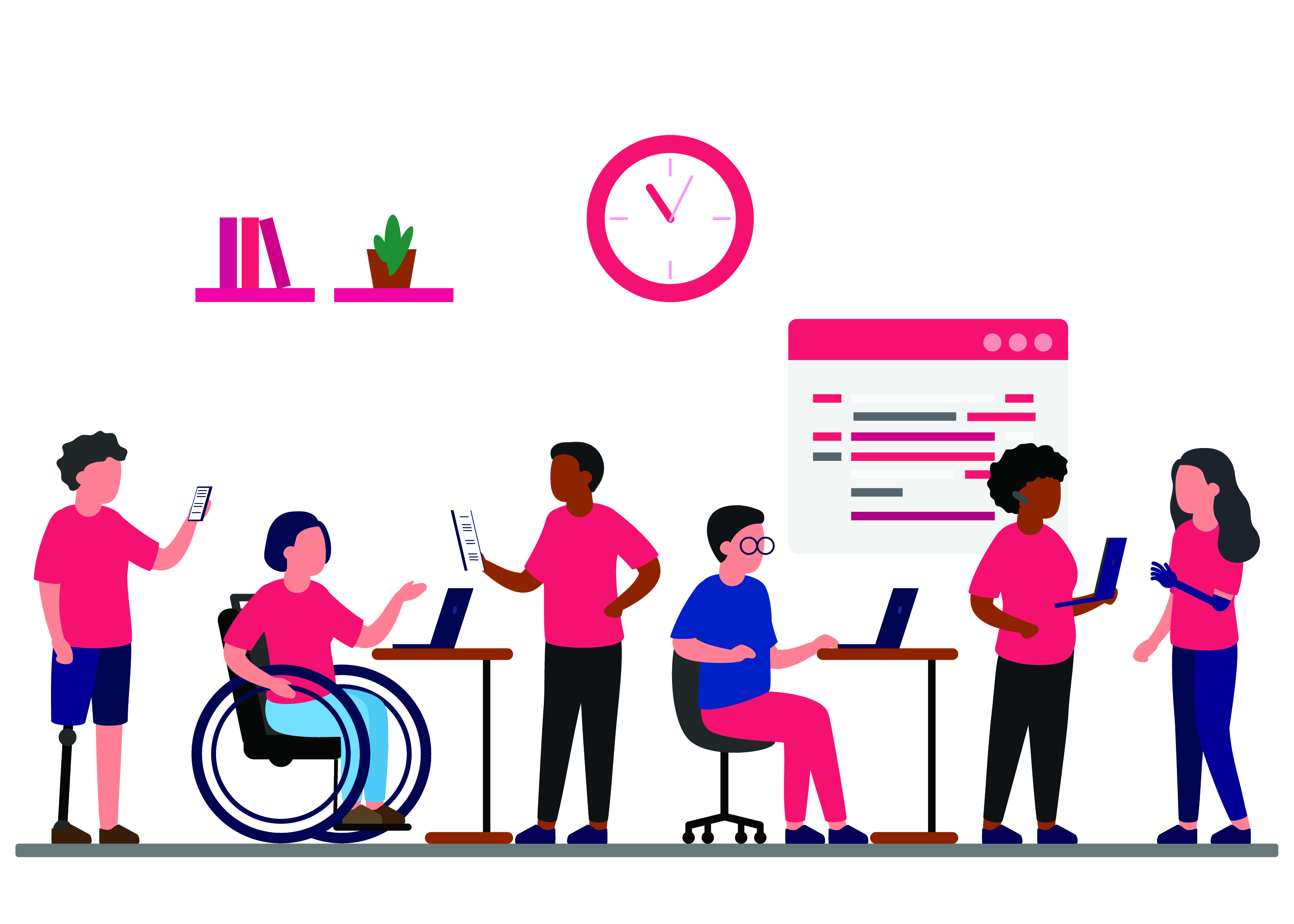
Strong 8k brings an ultra-HD IPTV experience to your living room and your pocket.
In Australia’s dynamic and fast-paced NDIS sector, delivering high-quality, consistent support has never been more important—or more challenging. As compliance standards tighten and participant needs become more complex, the gap between frontline carers and office-based managers is showing up as one of the biggest pain points in service delivery.
For many providers, daily operations still rely on a mix of outdated tools—spreadsheets, SMS threads, paper rosters, and siloed scheduling software. This patchwork approach might have worked in the past, but in 2025, it’s leading to costly mistakes like double bookings, last-minute shift confusion, and even compliance breaches.
So what’s the fix?
It’s simpler than you think: Get everyone—carers and managers—on the same app.
Having a single platform where both frontline staff and admin teams can communicate, update shifts, log incidents, and view rosters in real time is no longer a luxury—it’s essential.
Let’s break down why.
1. Live Rostering That Actually Works
Rostering in disability support isn’t just about filling slots—it’s about matching the right staff to the right participants, often at short notice. When managers update a schedule and carers receive it instantly on their phone, the usual back-and-forth disappears. No more “I didn’t get the update” or “I thought I was off today.” Everyone’s on the same page.
2. Fewer Errors, More Peace of Mind
When staff availability is managed in real time, the risk of double booking or rostering unavailable workers plummets. Shift swaps and cancellations can be handled smoothly inside the platform, with built-in alerts and approval processes. This not only boosts efficiency but helps meet obligations under the NDIS Award, like proper notice for shift changes.
3. Stronger Compliance from the Ground Up
With increased scrutiny from the NDIS Quality and Safeguards Commission, providers need real-time documentation of shift notes, service delivery, and incident reports. A shared app makes it easy for carers to submit these on the go, while managers can oversee everything from a central dashboard—ensuring compliance is met without chasing paper trails.
4. Happier, More Empowered Staff
Disability sector staff turnover remains high, and digital tools can play a key role in improving retention. When carers have access to their rosters, can accept shifts, update availability, and log notes from their phone, they feel more in control—and more valued. It’s about giving them the tools to do their job well without unnecessary admin stress.
5. Faster, Smarter Care Delivery
NDIS participants don’t operate on a fixed script—needs can change quickly. If a care plan shifts or new support hours are added, managers can update the schedule and notify carers instantly, preventing delays and ensuring participants get the care they need without disruption.
6. Better Data, Better Decisions
When everything is logged in one place, you can see the full picture—roster gaps, overtime patterns, no-show rates, and more. This helps managers plan more strategically, allocate budgets more effectively, and improve service delivery overall.
Platforms like RotaWiz are already making this vision a reality for NDIS providers across Australia. Purpose-built for disability services, it allows managers and carers to stay connected, compliant, and in control—without the chaos.
In 2025, it’s clear: a single app isn’t just a convenience. It’s a game-changer.
For the full article, click on the link.
Note: IndiBlogHub features both user-submitted and editorial content. We do not verify third-party contributions. Read our Disclaimer and Privacy Policyfor details.

